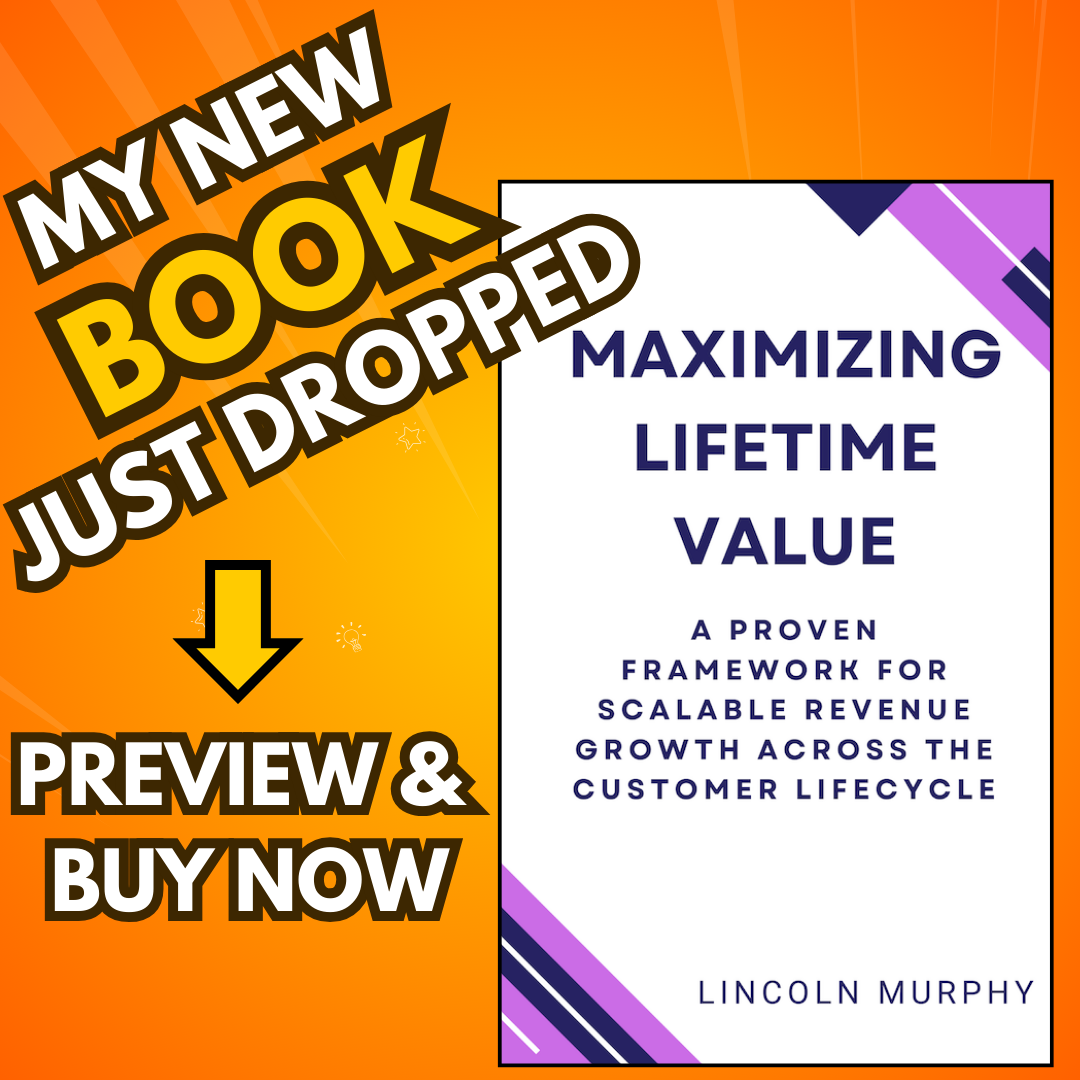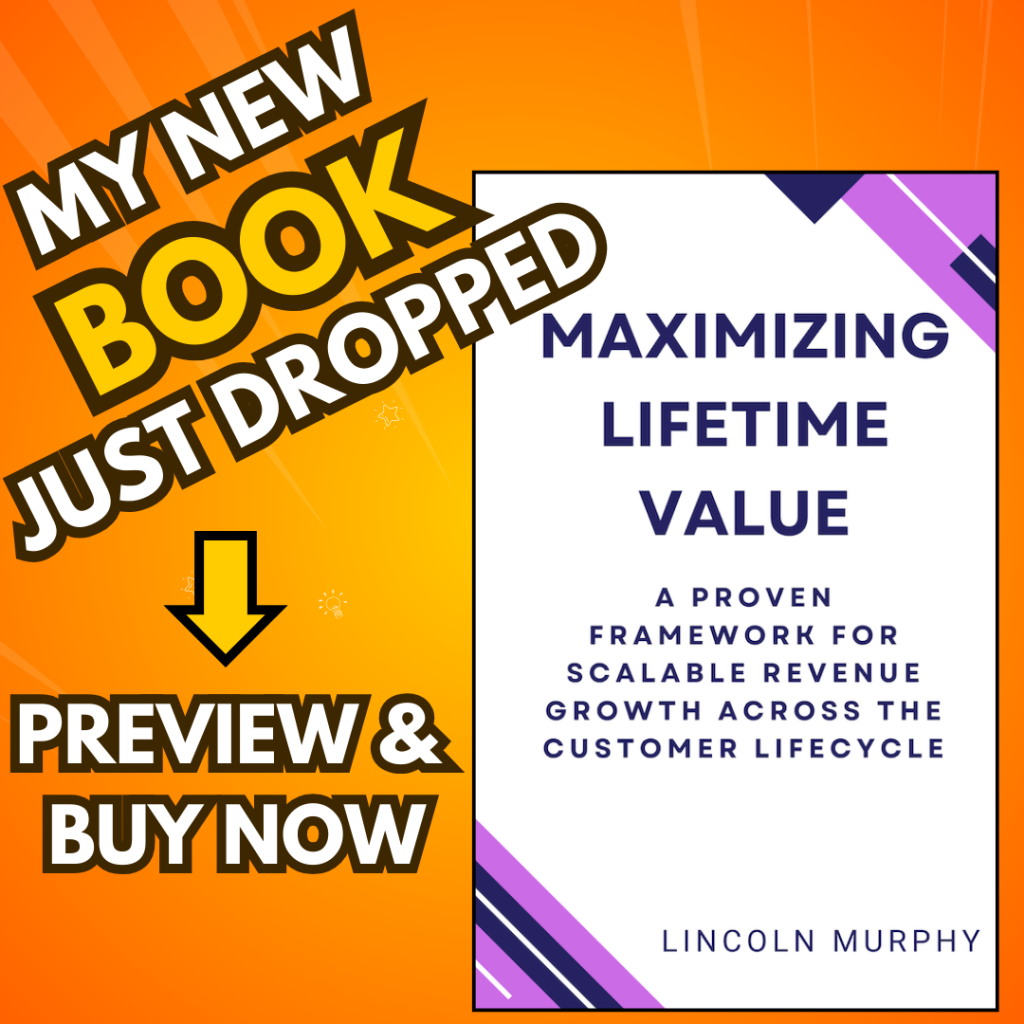When it comes to SaaS marketing, we know that Random Effort Yields Random Results… but it gets worse.
The problem I see too often – and the catalyst for this epic post – isn’t Random Marketing, but what I call Lazy Marketing.
And lazy marketing is perhaps a more insidious form of marketing, if for no other reason than the fact that it looks like its working.
It’s not until you take a step back and examine what’s really going on – the actual results – that you see it is not only not working…
… but it’s killing your business.
It’s time to stop being lazy and get deliberate with your marketing.
Marketing Lessons from Reality TV?
When I got home from NYC the other day, I decided to see what was on the ol’ DVR…. and – of course – I can’t just enjoy TV; I have to look for business lessons!
It turns out I had recorded an episode of Fast-N-Loud – a show on the Discovery Channel about fixing up and selling old cars that happens to be filmed at the Gas Monkey Garage here in Dallas.
On this episode (like every episode), the owner needed some fast cash.
He wanted a quick way to sell his cars and he thought taking them to an auction in Tulsa, Oklahoma was just the ticket.
Now, I can’t remember the exact amounts, but I think he needed $15k and $30k to break even on the two cars respectively.
To ensure the cars sold, he did them without a reserve…
… and sold the first one for $10k and the other for $15k.
He lost $20k for the privilege of making a quick sale!
And it got me thinking…
If he had taken the time it took to drive from Dallas to Tulsa (about 4 hours) and instead used it to do some or all of these:
- Place ads online
- Do some forum marketing
- Email his in-house list
- Make calls to collectors he’s sold to before
- Called some auto brokers
- Put the car on ebay (still an auction, but a much large potential customer base)
I bet he could have sold those cars for at least what he was into ’em for…. and maybe even made a profit.
If he had simply taken the time to go out and find his own customers and be deliberate with his marketing, he likely wouldn’t have lost so much money.
Sure, it might not have made for such good TV – who wants to watch someone do forum marketing other than me – but it would have been a better option than the auction.
Instead, he got desperate, needed some cash, and rather than doing the right thing and going out and marketing the cars deliberately, he took the easy way out…
… and it cost him.
Now, I know it’s TV and is possibly/probably contrived, but the lesson stands.
However… that show got me thinking about other businesses that act the same way.
Lazy Marketing Attracts Bad Customers
I’ve got two fitness businesses and a yoga center in my life that have all – at one time or another – turned to Groupon for “customers.”
These businesses are run by subject matter experts who are absolutely, 100% dedicated to – and passionate about – their craft and the success of their clients…
… but who full-on refuse to learn about marketing (or don’t think they can).
They run on the narrowest of margins (often on the wrong side of breaking even) and they frequently get desperate for revenue.
And since “real marketing” costs money, they turn to things like Groupon that are “free” – i.e. don’t require upfront money but COST YOU DEARLY in the end – and of course, they immediately regret the decision (“if only there was another way…”).
Much like the car guy on TV, they get desperate, need the cash, and take the easy way out, selling yoga classes or fitness boot camp sessions for literally $0.50ea w/ 53% going to Groupon.
But, they sell a bunch and eventually get a couple thousand bucks from Groupon to keep the lights on… for now.
Of course Groupon doesn’t bring in real customers, just deal-seekers that will move on to the next deal somewhere else once their Groupon expires, meaning they obviously aren’t candidates for up-sells or to become long-term customers.
Basically, if I asked “who’s your ideal customer?” to these business owners and then compared the answer to who comes in through Groupon, it would be like comparing apples to… something that isn’t an apple. I don’t know. A brick?
Oh, and these new “customers” are the ones most likely to complain, not adhere to proper etiquette and other rules, and – because there are so many of them and they’re typically unruly – these folks chase away the loyal, full-rate-paying clients that have always been there and ARE their “ideal customer.”
And this brings me to a discussion I had with my buddy Alex the other day.
You Need Professional Help…
Alex’s wife is a Psychiatrist with a private practice and she doesn’t take insurance; just cash or Square… that’s it.
Other doctors have told her that she should take insurance because “she’ll always have a steady flow of patients.”
But Alex said – and I agree – if she takes insurance, since she’d only get paid a fraction of what she get’s today per patient (at least a month later, too!), she’d have to work at least three-times as much to make the exact same money she does today!
More work, longer hours, more overhead (paperwork, staff, etc.), more headaches, longer to get paid, etc.
She would have to change her lifestyle and basically run a different kind of business, all for the privilege of “not having to worry about getting customers.”
Or… she could devise a marketing strategy, execute on that consistently and be in control of her own destiny.
And let me be clear… in her case this “marketing strategy” would literally be as simple as weekly personal outreach to current and potential referral partners (other doctors, basically), thus ensuring a steady stream of HIGH VALUE, ideal customers.
And Alex even suggested she take their son who’s just a few months old with her as an ice breaker!
Talk about an effective weapon in getting past so-called gate keepers… a cute little baby boy!
Lazy Marketing Opportunities Are Everywhere
Look, every industry / market / niche has several methods to “quickly and easily” get low-value customers.
Every company has the option to use some type of “lazy” marketing.
Every business has the ability to rely on others to bring them low-value customers.
But just because you can, doesn’t mean you should.
Successful companies engage in deliberate marketing, find their own customers, and control their own destiny!
How SaaS Companies use Lazy Marketing
In SaaS, examples of lazy marketing are:
- Hope (you built it… so where are they?)
- Copying Others (get Original! h/t to Anthony Nygren for this addition)
- AdWords… doing it poorly and hoping it works
- Using coupon codes and deep discounts (esp. annuals that kill LTV!)
- Trying to be the low-price leader
- Using free to “lower the barrier to entry” w/ no real way of converting
- Piggybacking off of those who’ve built a following of deal-seekers (like AppSumo, MightyDeals, etc.)
I could go on and on… but you get the picture.
Now, I’m not saying don’t participate in Joint Venture deals or offer coupon codes… I’m saying don’t rely on these as the main method of customer acquisition.
You have to know the parameters of your situation and work accordingly.
Deliberate Marketing Takes Various Forms
I know a new company that did $60M in revenue in the last year with almost 100% of that coming through affiliates.
Am I saying they were wrong for using others to send them customers? That they weren’t doing “deliberate” marketing because they relied on affiliates?
No way… Not at all…
In fact, they decided early on to be VERY deliberate in their marketing… to the affiliates themselves!
They knew that it was going to be virtually impossible to disrupt the industry they were entering by going directly to the end-customer; too much time and money would be required.
So they decided to go to those who had the end-users as their customers already.
In fact, they went to people who were already top affiliates for their competitors’ products… and made them a BETTER deal.
So even though they used intermediaries, they were deliberate about it.
They knew who they were and went after them aggressively.
They didn’t just stick an Affiliates link at the bottom of their page that went to ShareASale or some other low-end Affiliate network where you dump your product out there and hope people sell it for you…
… only to determine a week later that “Affiliate Marketing doesn’t work.”
No, they were deliberate. They knew who the end customers were and worked deliberately and aggressively to find people who had relationships with those people already.
And they didn’t stop once they signed-up the affiliates like most people do.
They worked with them, learned from them, and shared back to everyone what they found out was working, what wasn’t, etc.
The more successful they could make their affiliates, the more successful they would be.
Simple. Not easy… but simple.
Is Your Lazy Marketing Paying Off?
Look, you have to know who your ideal customer is and go after them… and that will look very different for you vs. some other SaaS offering; even in your same product category and at a competitive price.
Here’s a quick exercise for you: figure out who your ideal customer is and then compare that to who comes in from each of your marketing methods.
Are those who come in from your “lazy” marketing channels your “ideal customer?” If not, that’s a problem.
That’s very likely why your churn rate is high, your sign-ups are low, and your Free Trial has a horrible conversion rate.
Remember… anybody can sell cheap stuff… and anybody can sell your stuff at an unsustainable discount.
Anybody can take the easy way out… and anybody can help you take the easy way out!
Anybody can go the route of not having to think… and lot’s of people will offer to help you not have to think!
But there’s a high tax on “not having to think.”
There’s a high cost to taking the easy way out.
You need to understand and appreciate how being in control of your own marketing – getting your own customers on your own terms – is the key to longevity, scale, and ultimately… success.



